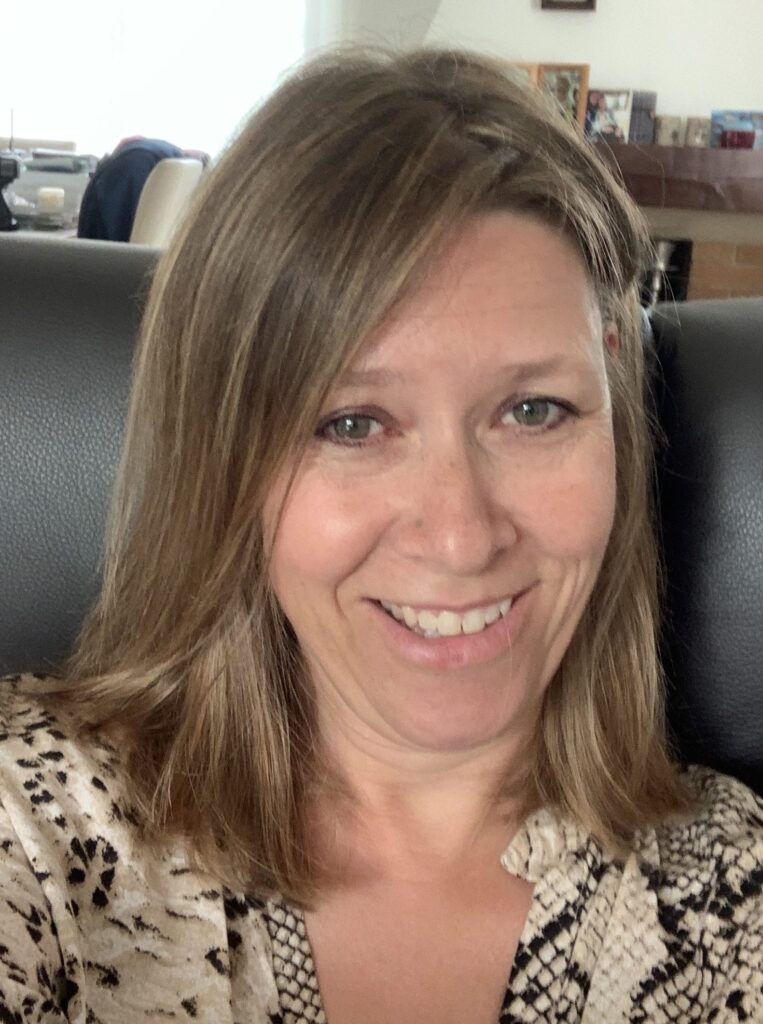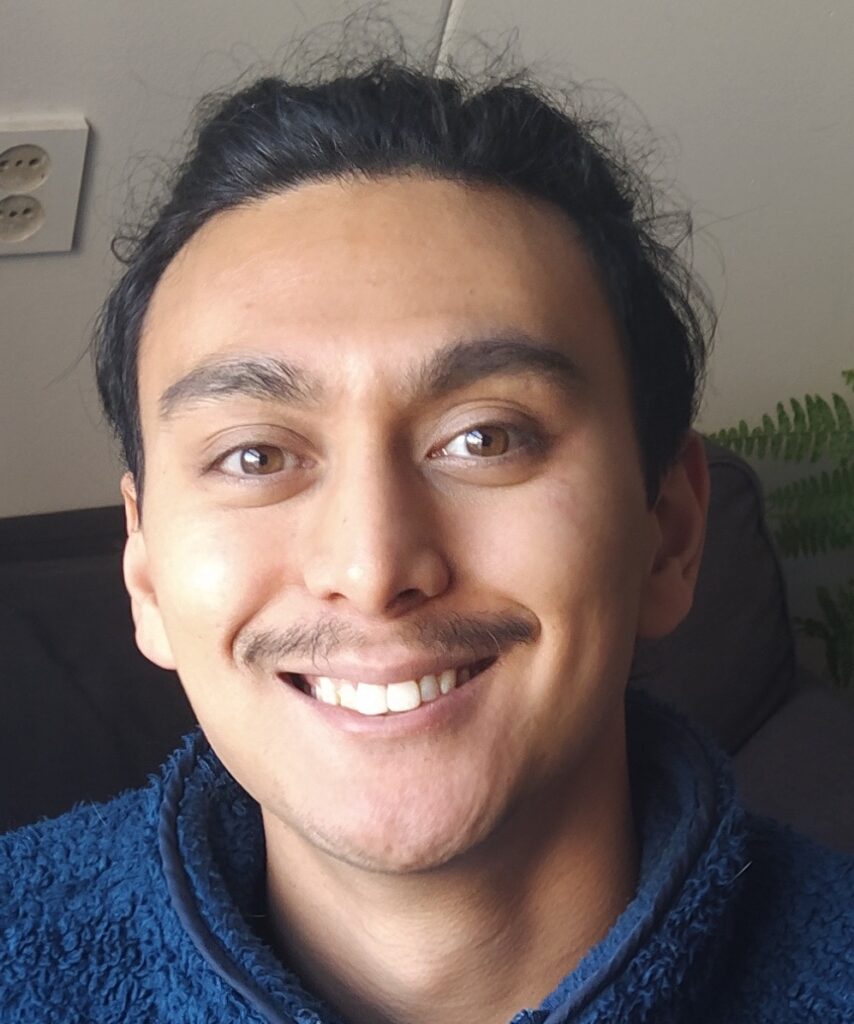Observational Study
. 2024 Feb 28;16(1):36.
doi: 10.1186/s13148-024-01648-4.
DNA methylation may partly explain psychotropic drug-induced metabolic side effects: results from a prospective 1-month observational study
Céline Dubath 1, Eleonora Porcu 2 3 4, Aurélie Delacrétaz 5, Claire Grosu 5, Nermine Laaboub 5, Marianna Piras 5, Armin von Gunten 6, Philippe Conus 7, Kerstin Jessica Plessen 8, Zoltán Kutalik 2 4 9, Chin Bin Eap 10 11 12 13
Affiliations expand
Abstract
Background: Metabolic side effects of psychotropic medications are a major drawback to patients’ successful treatment. Using an epigenome-wide approach, we aimed to investigate DNA methylation changes occurring secondary to psychotropic treatment and evaluate associations between 1-month metabolic changes and both baseline and 1-month changes in DNA methylation levels. Seventy-nine patients starting a weight gain inducing psychotropic treatment were selected from the PsyMetab study cohort. Epigenome-wide DNA methylation was measured at baseline and after 1 month of treatment, using the Illumina Methylation EPIC BeadChip.
Results: A global methylation increase was noted after the first month of treatment, which was more pronounced (p < 2.2 × 10-16) in patients whose weight remained stable (< 2.5% weight increase). Epigenome-wide significant methylation changes (p < 9 × 10-8) were observed at 52 loci in the whole cohort. When restricting the analysis to patients who underwent important early weight gain (≥ 5% weight increase), one locus (cg12209987) showed a significant increase in methylation levels (p = 3.8 × 10-8), which was also associated with increased weight gain in the whole cohort (p = 0.004). Epigenome-wide association analyses failed to identify a significant link between metabolic changes and methylation data. Nevertheless, among the strongest associations, a potential causal effect of the baseline methylation level of cg11622362 on glycemia was revealed by a two-sample Mendelian randomization analysis (n = 3841 for instrument-exposure association; n = 314,916 for instrument-outcome association).
Conclusion: These findings provide new insights into the mechanisms of psychotropic drug-induced weight gain, revealing important epigenetic alterations upon treatment, some of which may play a mediatory role.



